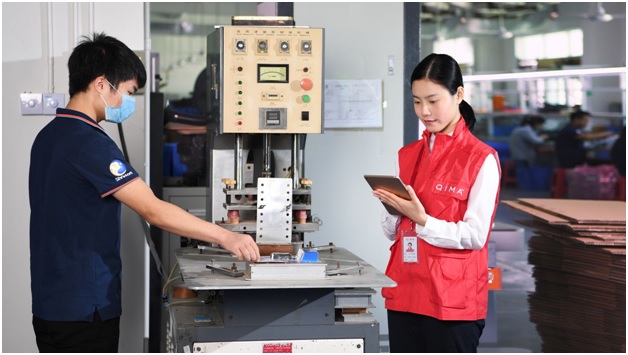In the current global market, supply chains are spread across continents. Products are seldom produced in a single location. Rather, components and raw materials are passed through various suppliers before the end product reaches the customers. The danger of disruption, inconsistency, or poor quality rises drastically with so many moving parts.
This is why businesses cannot afford to be run on blind trust. They must have a clear understanding of how their partners operate. Businesses need to go deeper to ensure that their supply chains are reliable whether it is in terms of checking production standards, labor practices, or risk management. Audits have become one of the most efficient tools in order to achieve that.
Why Supply Chain Reliability Matters
Consider the ripple effect of a supplier failure to deliver. A delayed delivery or a poor quality batch can hamper production, create delays in deliveries and erode customer confidence. In the case of pharmaceuticals, automotive, or electronics, the disruption cost is not only financial but may also damage reputations and safety.
Reliability is more than being on time. It is about consistency, compliance, and accountability. A strong supply chain is able to withstand externalities including world crises, labor shortages, or shortages of raw materials. In the absence of robust checks, companies stand to lose control of key aspects of their operations.
The Importance of Supplier Audit
A Supplier Audit is akin to drawing aside the curtain on your business partners. It is not a matter of presuming the worst-it is a matter of proving the best. These audits help companies to confirm that the suppliers adhere to the regulations, quality standards, and ethical practices. In this way, they minimize the chances of unpleasant surprises in the future.
In addition to compliance, audits provide an opportunity to improve. Suppliers are more likely to have consistent processes when they know they will be assessed. In most instances, companies leverage on the results of the audit to build and enhance partnerships instead of highlighting weaknesses. Such a proactive attitude is helpful to both parties.
The Role of Factory Audit
This is where Factory Audit comes in. In contrast to supplier checks that can be broad based in terms of systems and compliance, factory audits are more granular in terms of how production is actually performed. They observe what is happening on the ground and make sure that manufacturing plants can meet the standards reliably.
- Production Capacity: Assessing the ability of the factory to take the necessary volumes without compromising quality.
- Process Controls: Ensuring that there are standardized procedures and that they are followed strictly.
- Equipment Maintenance: Making sure that equipment is maintained and kept up to date to avoid breakdowns.
- Workforce Management: Evaluating the training, skills and safety conditions of staff.
This kind of audit does not only prove the ability but also outlines possible threats and improvement opportunities. Companies that emphasize factory audits usually find out ways to be more efficient and avoid future bottlenecks.
Common Challenges in Audit Implementation
Auditing may seem a simple task, but it is often complicated. The first difficulty is the variety of international standards. What is acceptable in one region may not be acceptable in another region. The auditing of multinational businesses requires proper planning to meet the local and international needs.
The other problem is transparency. Not every supplier or factory is keen to share data or open their doors. The process of building trust and at the same time maintaining accountability can be difficult. Companies that approach audits as a partnership rather than a form of punishment tend to receive more cooperation and long-term outcomes.
Why This Matters More Than Ever
There is increased pressure on global supply chains than ever before. With shutdowns due to the pandemic to geopolitical tensions, businesses are finding out that resiliency is as critical as efficiency. Audits are a significant part of that resilience as they cast a light on weaknesses before they become a crisis.
What is more important is that today customers demand transparency. They require assurance that the products they buy are ethically made and responsibly-sourced. Periodical audits also assist businesses in meeting those expectations, building reliability and reputation in the market.
Conclusion
A high-performing supply chain cannot be trusted, it has to be verified. Through effective Supplier Audit and Factory Audit, companies develop a system where quality, compliance, and accountability are ensured. This does not only avert interruptions but creates long-term relationships that can survive adversities.
Lastly, good supply chains are the key to successful businesses. Audits are the instruments that help to keep those backbones in good shape and ready to bend and flex with the changing world.
